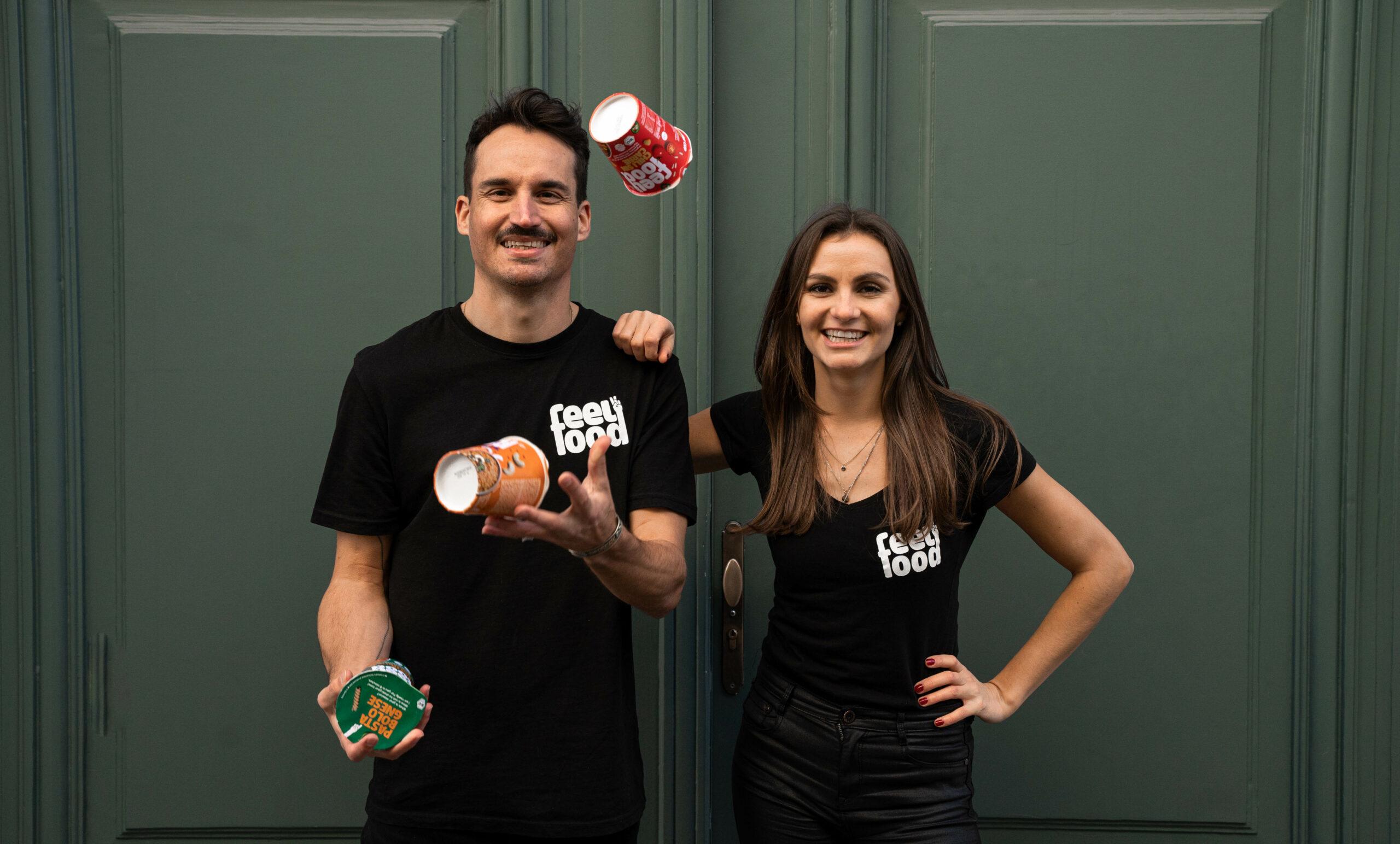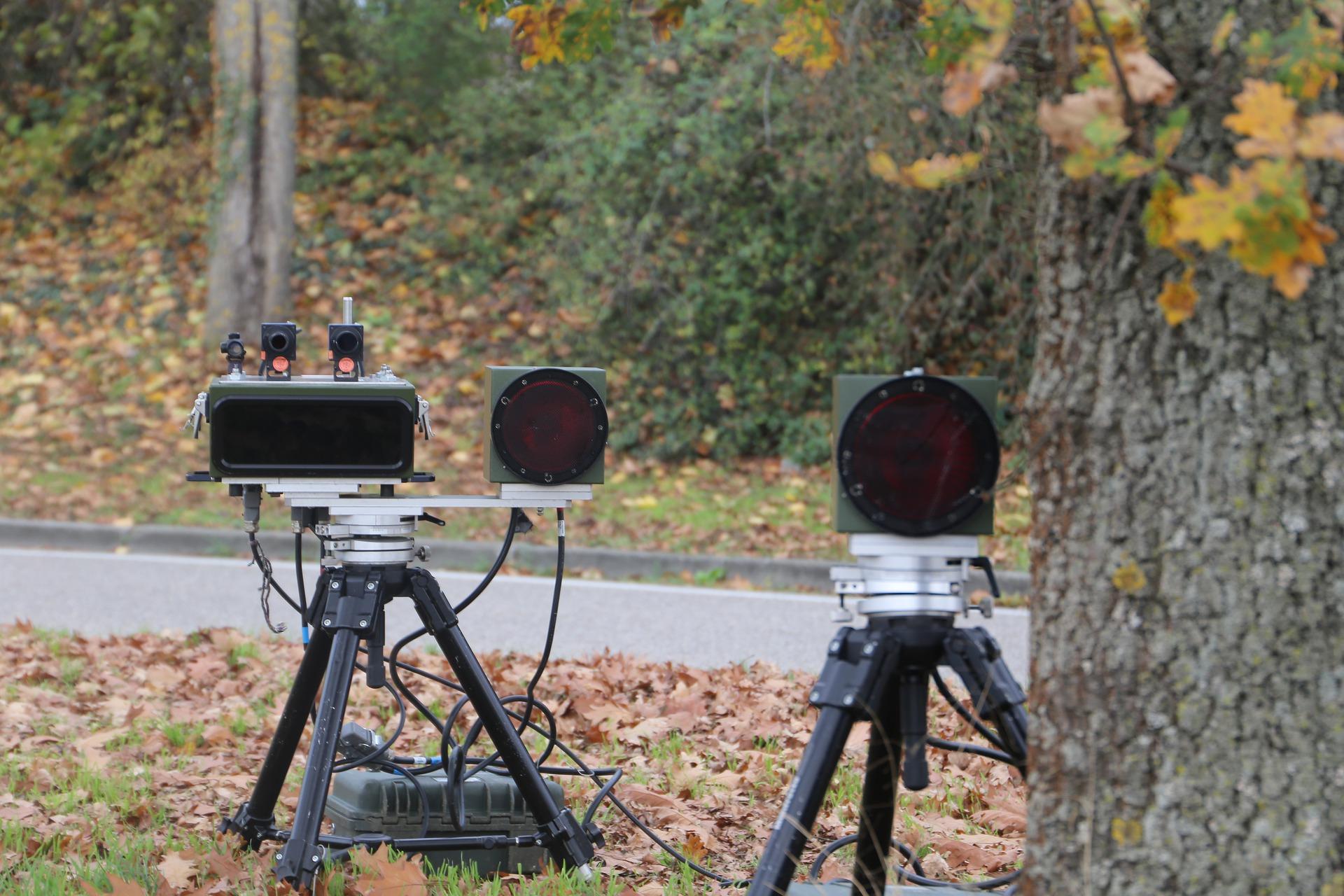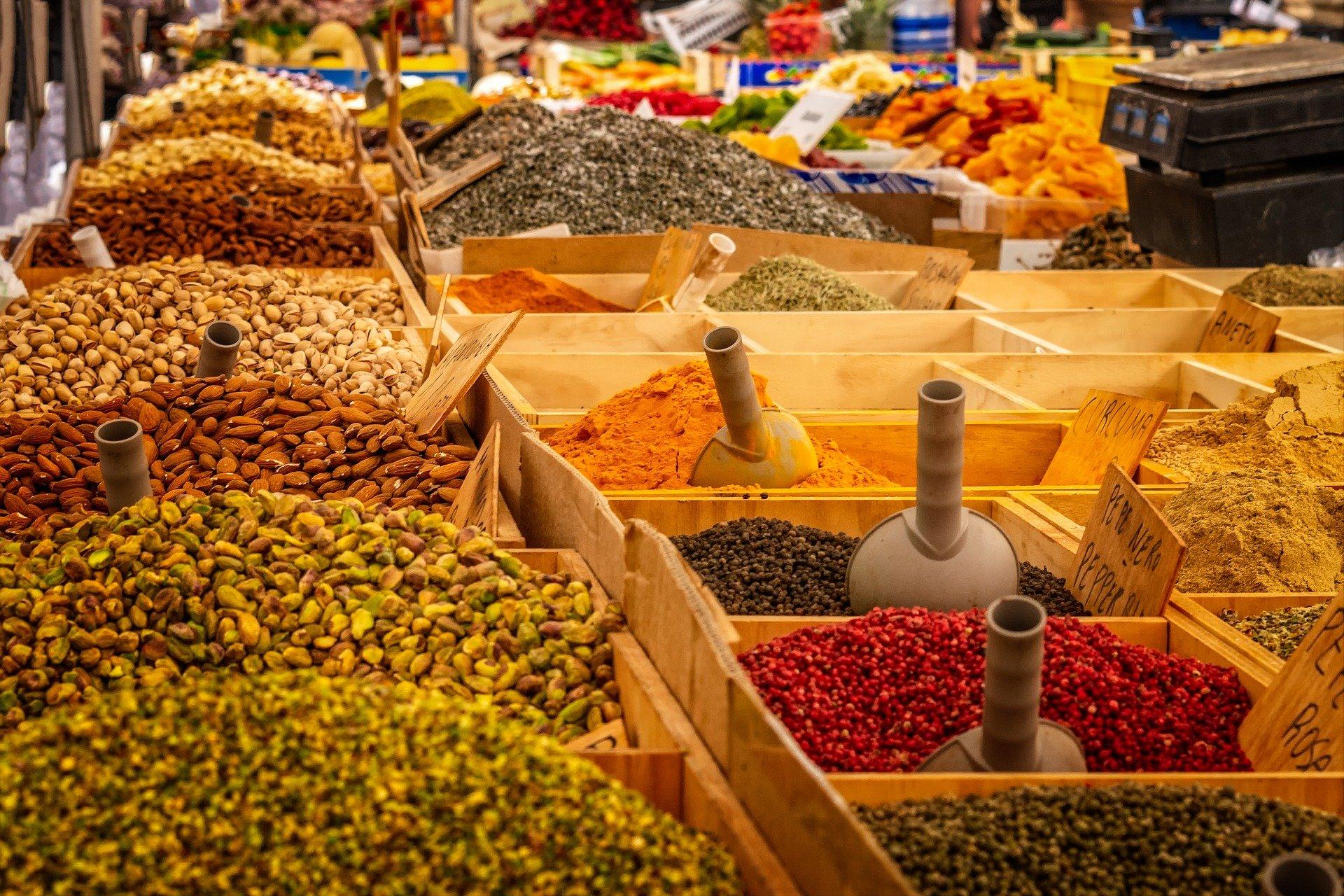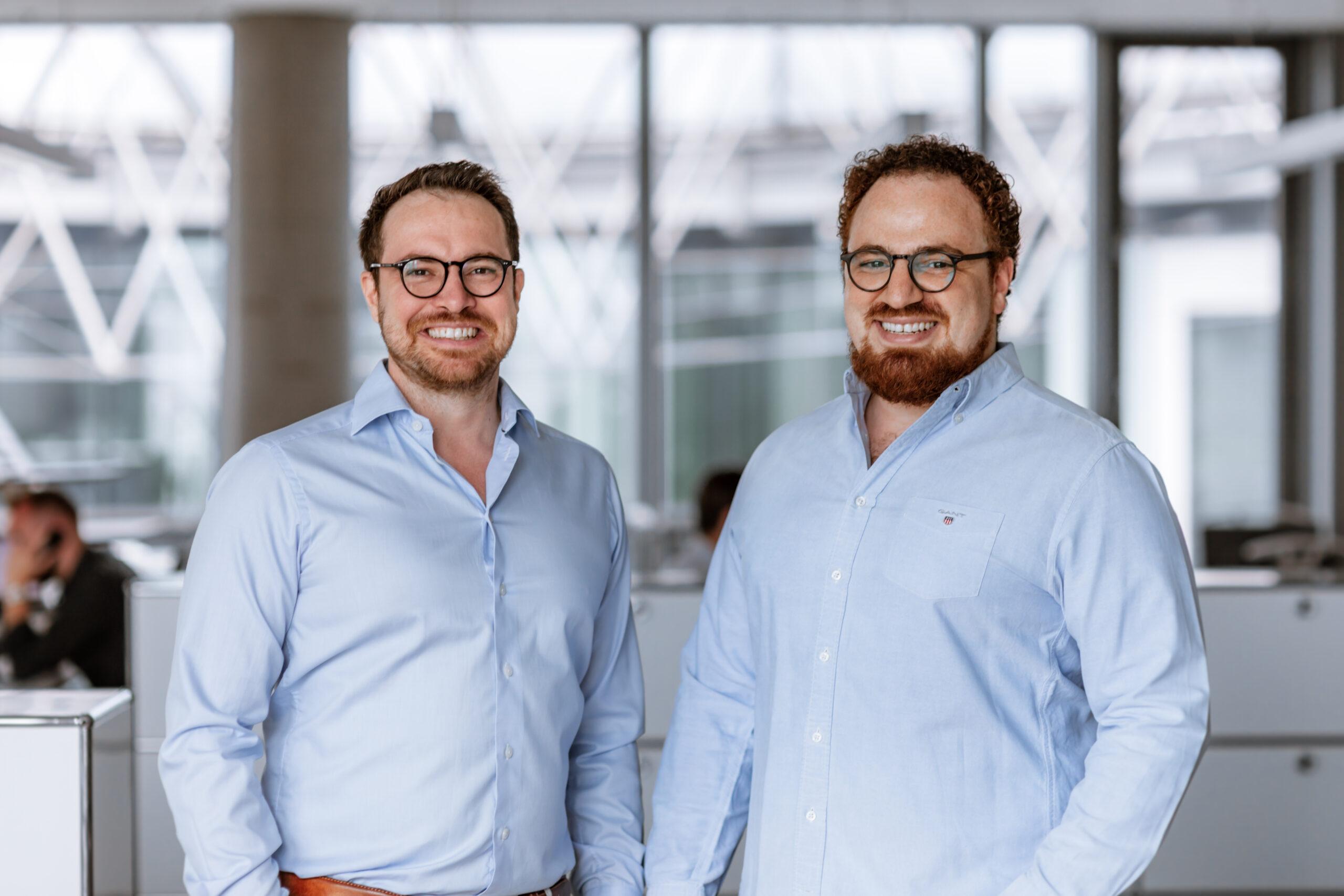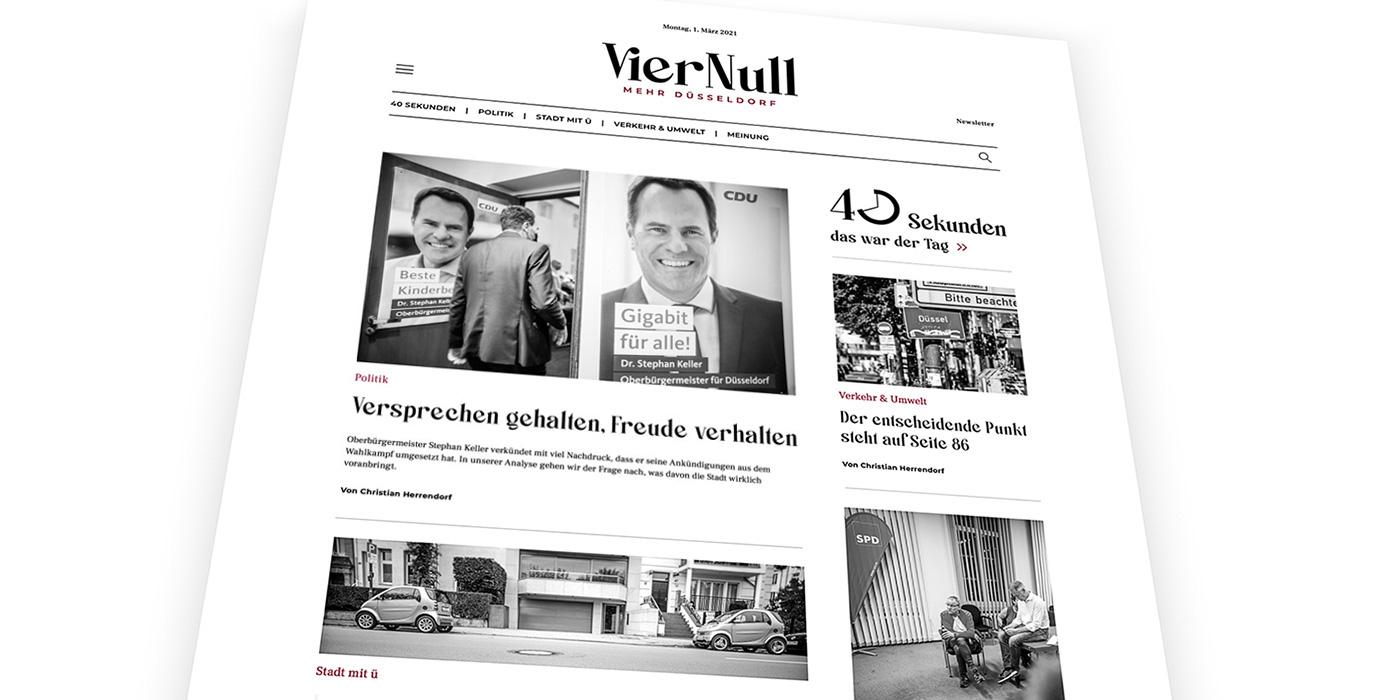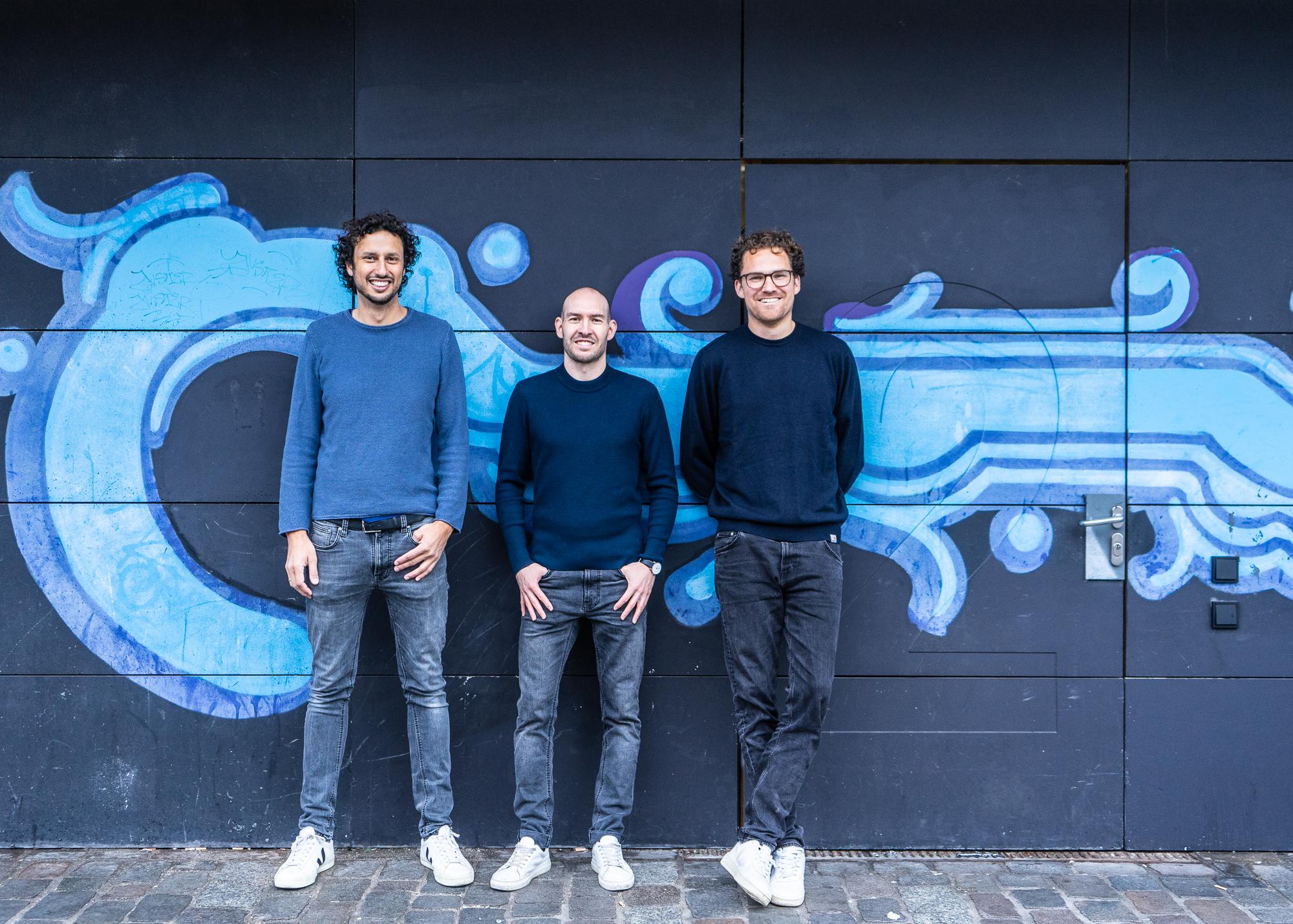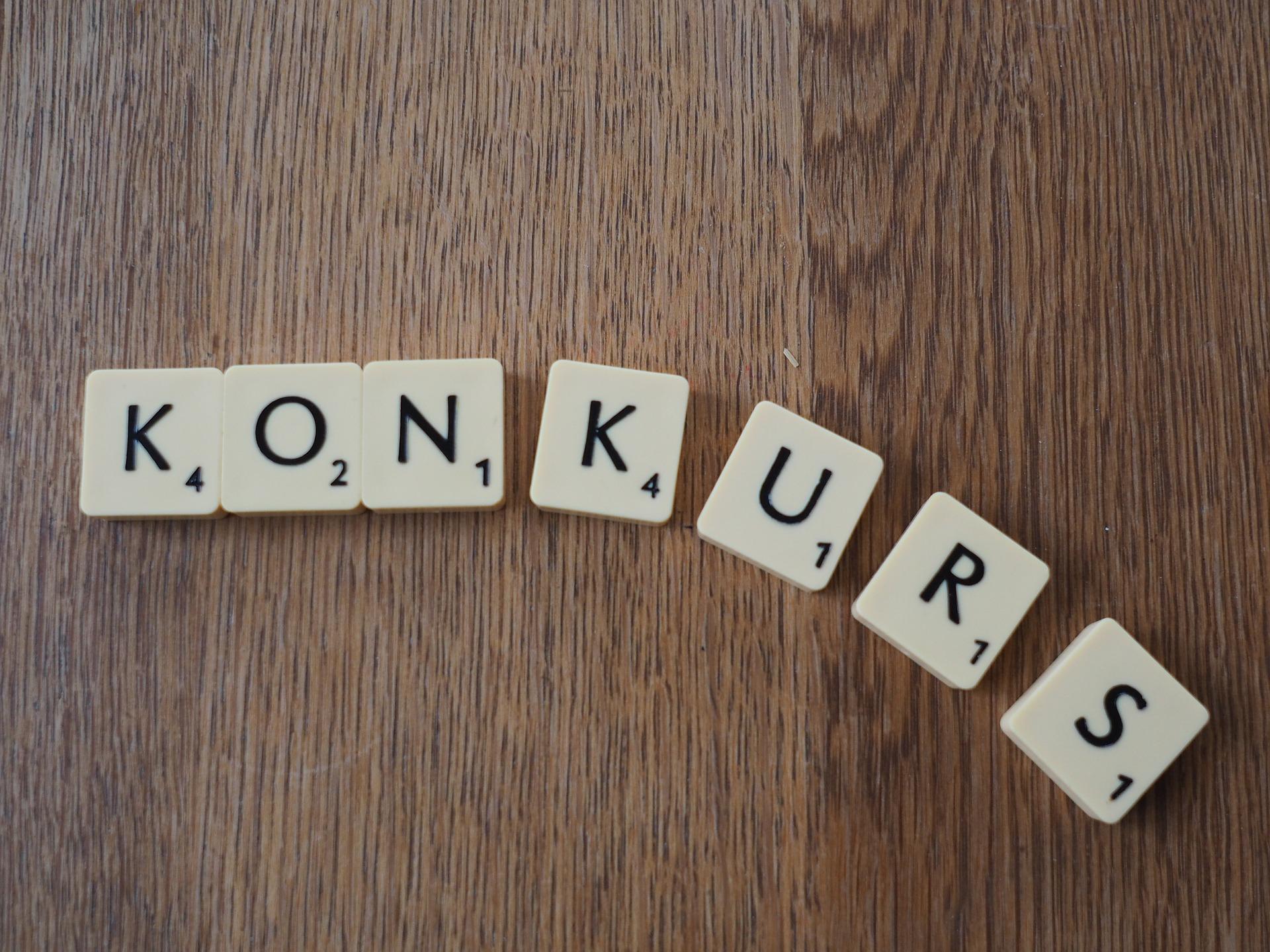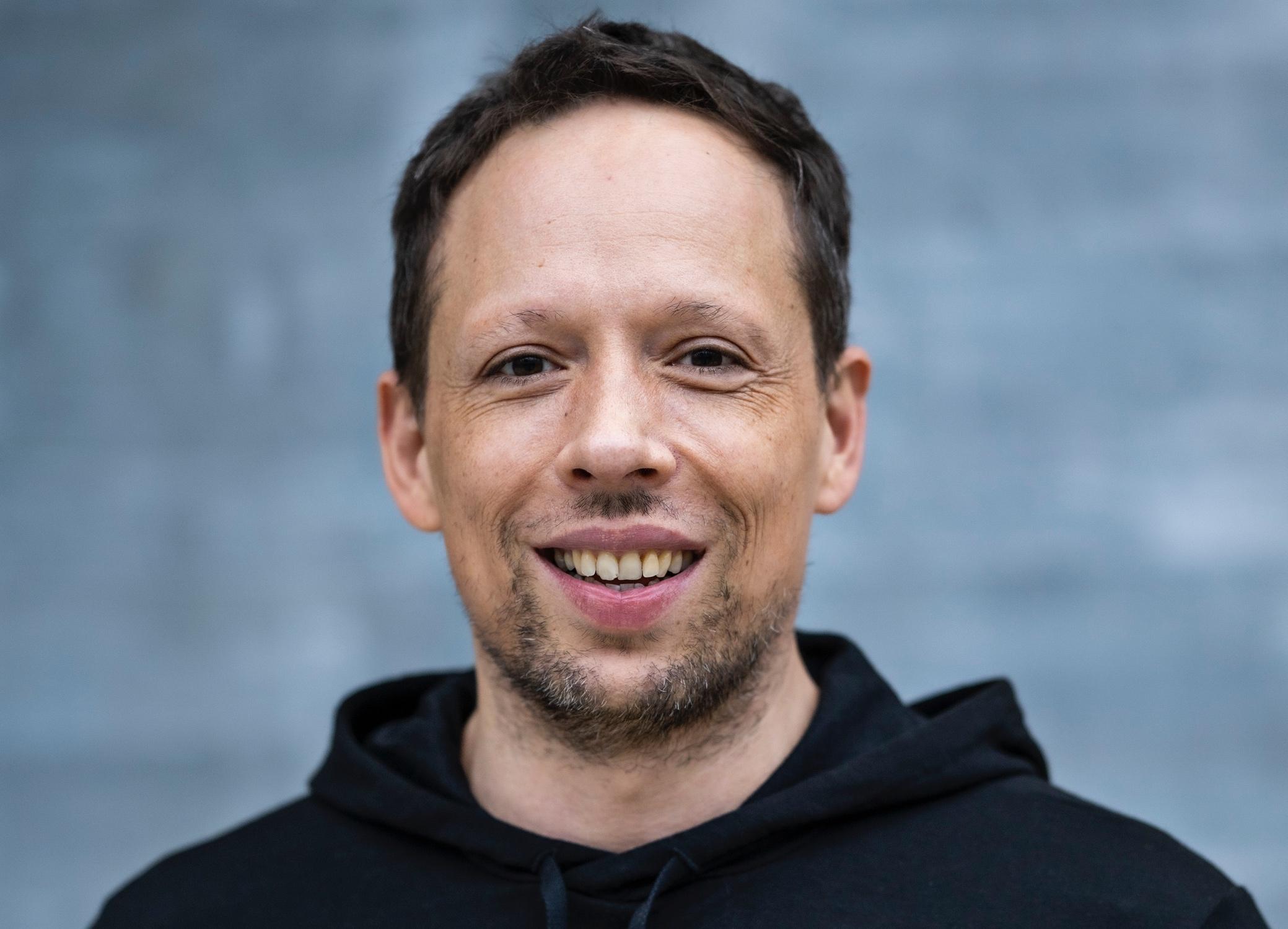"We don't want to put bonuses in our own pockets"
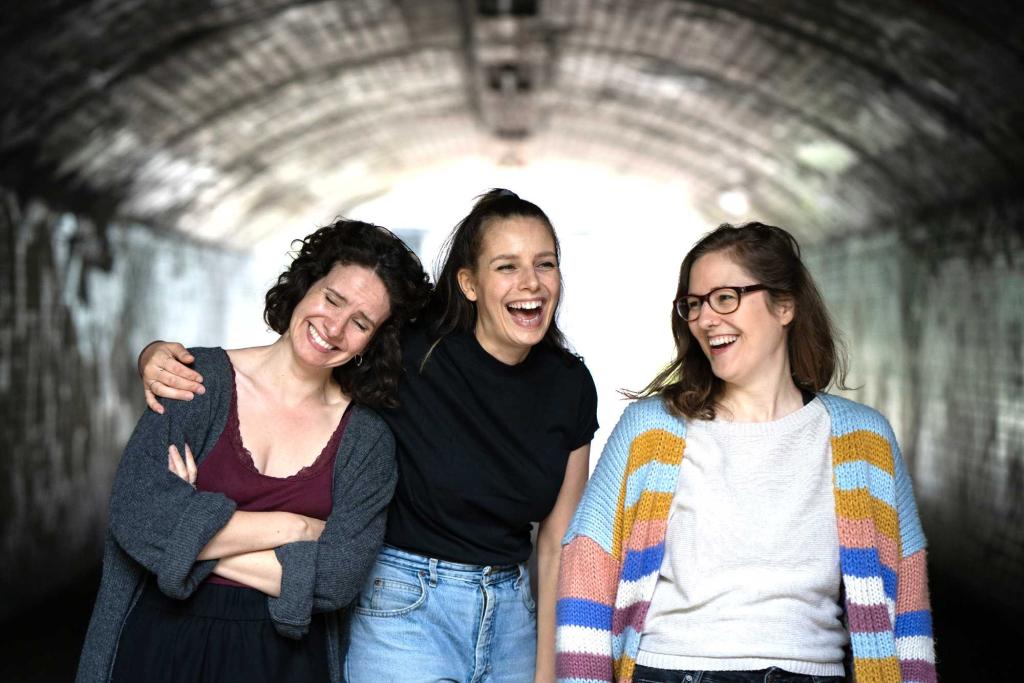
Sophie Gnest is co-founder of "Pack & Satt", a start-up that wants to make the "one pot" big. In this interview, she talks about her purpose-driven company, why she doesn't want to take the profits herself - and why sustainability always requires compromises.
Sophie Gnest and Ronja Harder first came up with the idea for Einpott three years ago. Both were annoyed that dishes only met one of two criteria: Either they are quick to prepare - or they are healthy. They couldn't quite find both, which is how they came up with the idea for Einpott and their own start-up, which they founded together with Eva Maier in the fall of 2020. The Einpott is explained quite simply: it is a yogurt jar containing dried vegetables and oat flakes with spices, for example. If the hungry person pours hot water over it, the inside changes color and becomes a quick snack or lunch - vegan, organic and additive-free. The founders are currently trying to raise enough money for the first production run via crowdfunding.
Ms. Gnest, are you already fed up with the pot after numerous trial rounds?
On the contrary. Yesterday, I was absolutely delighted to find older Einpotts at home. The recipe was different back then, but they still had a shelf life. I brought them straight to the office for my co-founders. I must have eaten 100 of them so far. At the moment, we have to be a bit economical with them so that we always have enough samples in stock for sales partners.
There are countless ready-made products in every supermarket. Why do we need a pot now?
These ready-made products have always been our pain. We celebrate ready-made products because they are so quick. However, most of the products are neither organic nor vegan and there is also a lot of packaging waste. A healthy and environmentally conscious diet is very important to us, even if we don't always manage to implement this in our everyday lives. We eat a vegan or vegetarian diet and try to avoid additives and unnecessary packaging waste wherever possible. Until now, there has always been something missing on the supermarket shelves for precisely these needs, so we simply developed something ourselves.
What makes you so sure that organic vegan food from a jar is important to people?
We are convinced ourselves and are targeting organic and unpackaged stores first. The people who shop there tend to already be thinking about this topic and that's exactly who we want to appeal to. Later, we want to build a bridge and also pick up those who like to eat ready-made products and have not yet paid much attention to health-conscious nutrition.
Of course, we have also realized that we can't implement every aspect of sustainability perfectly.
Sophie Gnest, co-founder of Pack & Satt
How sustainable can you make your product? We use the returnable jar to save on disposable packaging and to prevent plastic from leaking into the food when it's hot. We use the principle of instant meals to save on transport weight due to the lack of water and to simply make our products last longer. Our vegan organic ingredients have a better environmental footprint than conventional and animal products. We also avoid sugar, additives and fillers. However, we have of course also realized that we cannot implement every aspect of sustainability perfectly. In the beginning, we wanted to source all ingredients exclusively regionally. In theory, this is possible for most ingredients, but in practice it is considerably more expensive and, depending on the quantity purchased, simply not available on the market. So we are constantly making compromises, but we want to communicate these openly.
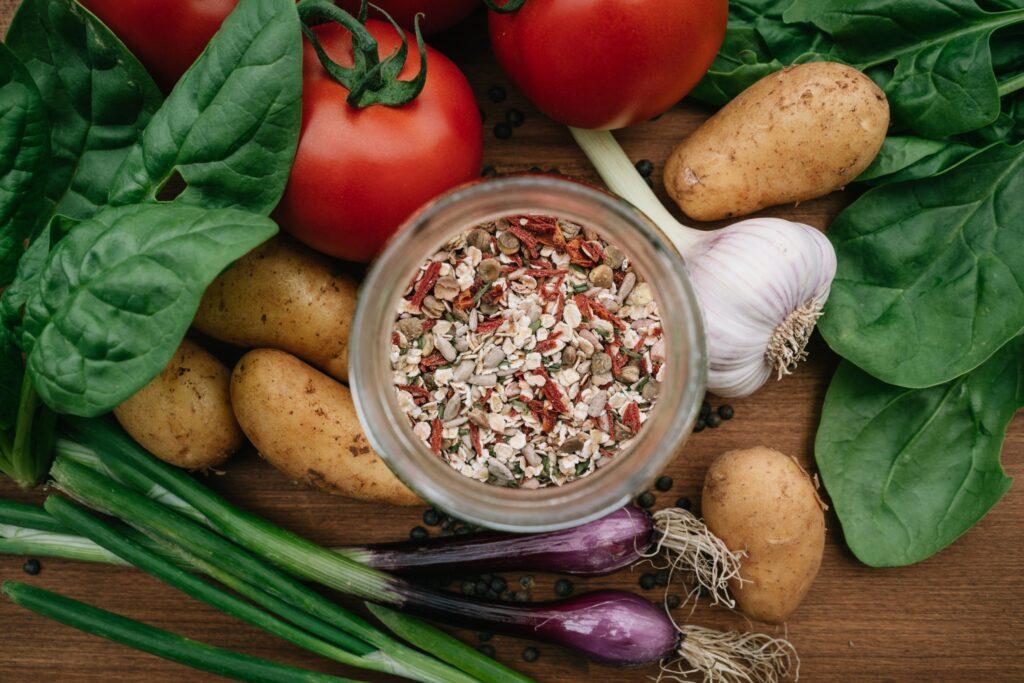
A yogurt jar like this is not very big. Will it fill me up?
The potato and oat flakes are particularly filling. Depending on the variety, a jar has around 300 kilocalories. As far as the quantity is concerned, we took our cue from comparable products and also asked our 200 or so testers to decide that the quantity is a good one for the lunch break: it is filling for most people but without a food coma.
The glass should be returned to the deposit system. How does that work?
Many people don't know that yogurt jars are quite normal in the deposit system. This has been established for years. These so-called MMP jars can be returned to all stores.
They are currently trying to raise money for an initial production run via crowdfunding. Over 14,000 of the 24,000 euros have been raised so far, but you have already had to extend the campaign. How disappointed were you that it didn't work out in the usual time?
Of course there is a bit of disappointment. But we have learned many things. For example, we launched in the run-up to Christmas and didn't realize how small the reach is in the run-up to Christmas. We have also learned that we need to explain our product even better, and we are currently improving that. But I'm positive that we'll get there. We are currently in the valley of tears. That's what Startnext, the platform through which the campaign is running, calls this phase. This means that you usually get a lot of supporters at the beginning and at the end - but we're in the middle of it right now and the response is flattening out a bit.
Shareholders either have the right to a voting share or a share of the profits. Neither is possible. That's laid down in our articles of association.
Sophie Gnest
You founded yourself as a purpose-driven company. What does that mean?
It means that we have founded our company as a steward-owned company - in other words, Pack & Satt effectively owns itself. Shareholders either have the right to a voting share or a share of the profits. Neither is possible. This is laid down in our articles of association. The Purpose Foundation, which we founded together with us, has a one percent share and a veto right. This is to ensure that we don't stray too far from our idea or that the company can be sold simply out of economic interest and then perhaps no longer operate as sustainably as before. Investors can still share in the profits, but will not have voting rights.
According to your campaign, you yourself would prefer to reinvest the profits. Do you not want to be paid for your work?
As we can't live on air and love, we will of course pay ourselves salaries. But that's enough for us; we don't want to put bonuses or anything like that in our pockets. We prefer to invest any profits in projects that are committed to the preservation of nutrient-rich soils. In this way, we want to put some of our profits back into the cycle and ensure that we can continue to harvest sustainable raw materials in the future - so that we can keep producing new pots.
Thank you for the interview.
Personal details: Sophie Gnest is 31 years old, studied communication design and founded her start-up together with Ronja Harder and Eva Maier.

Newsletter
Startups, stories and stats from the German startup ecosystem straight to your inbox. Subscribe with 2 clicks. Noice.
LinkedIn ConnectFYI: English edition available
Hello my friend, have you been stranded on the German edition of Startbase? At least your browser tells us, that you do not speak German - so maybe you would like to switch to the English edition instead?
FYI: Deutsche Edition verfügbar
Hallo mein Freund, du befindest dich auf der Englischen Edition der Startbase und laut deinem Browser sprichst du eigentlich auch Deutsch. Magst du die Sprache wechseln?

